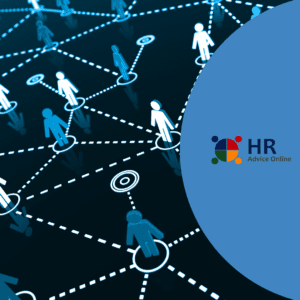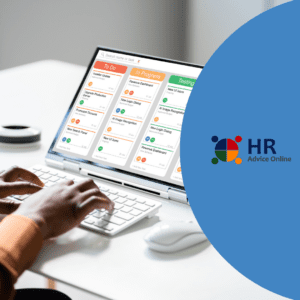Underestimating the impact of underpayments
Underestimating the cost of underpayments can have significant and far-reaching consequences for businesses.
Employers may be required to pay back wages to employees, which can accumulate to substantial amounts, especially if the underpayments have occurred over a long period.
In addition to back payments, employers may face penalties and interest charges imposed by regulatory bodies.
Employees may take legal action against the employer, leading to costly legal fees and potential settlements. Regulatory bodies, such as the Fair Work Ombudsman in Australia, can impose significant fines for breaches of employment laws.
News of underpayments can damage a company’s reputation, leading to loss of trust among customers, clients, and the public. Discovering underpayments can severely impact employee morale and trust in the employer, leading to decreased productivity and higher turnover rates.
Addressing underpayments often requires extensive audits and investigations, diverting resources and attention from core business activities. Correcting payroll systems and processes to prevent future underpayments can be time-consuming and costly.
Conducting regular payroll audits can help identify and correct underpayments before they become significant issues. Ensuring that HR and payroll staff are well-trained and up-to-date with current employment laws and regulations can prevent underpayments.
Preventing underpayments is crucial for maintaining compliance, employee trust, and operational efficiency.
Here are some strategies companies can implement:
Conduct regular audits to ensure that all employees are being paid correctly according to their contracts, awards, or agreements. This helps identify and correct any discrepancies early.
Use modern payroll software that is regularly updated to reflect changes in employment laws and regulations. Ensure that the appropriate rules are reflected in the system setup. Automated systems can reduce the risk of human error and ensure accurate calculations.
Provide ongoing training for HR and payroll staff to keep them informed about the latest legal requirements and best practices. This includes understanding the correct application of awards and agreements.
Ensure that all employees understand their pay structure, including how their wages are calculated and what entitlements they have. Clear communication can help prevent misunderstandings and disputes.
Maintain accurate and detailed records of hours worked, pay rates, and any changes to employment terms. This documentation is essential for verifying payroll accuracy and resolving any issues that arise.
Regularly review and update employment contracts and policies to ensure they comply with current laws and regulations. This includes checking that all entitlements, such as overtime and leave, are correctly applied.
Implement employee self-service portals where employees can view their pay slips, leave balances, and other relevant information. This transparency helps employees verify their own pay and report any discrepancies.
Seek advice from legal or payroll experts to ensure compliance with complex regulations and to address any specific payroll challenges your company may face.
By implementing these strategies, companies can significantly reduce the risk of underpayments and ensure fair and accurate compensation for all employees.
By understanding and addressing the potential costs of underpayments, businesses can take proactive steps to ensure compliance and maintain a positive workplace environment.
Join Freemium today to get a copy of our underpayment checklist. Alternatively, if you have any questions or require any assistance with reviewing employee payments, please do not hesitate to contact us at [email protected] or 1300 720 004.




